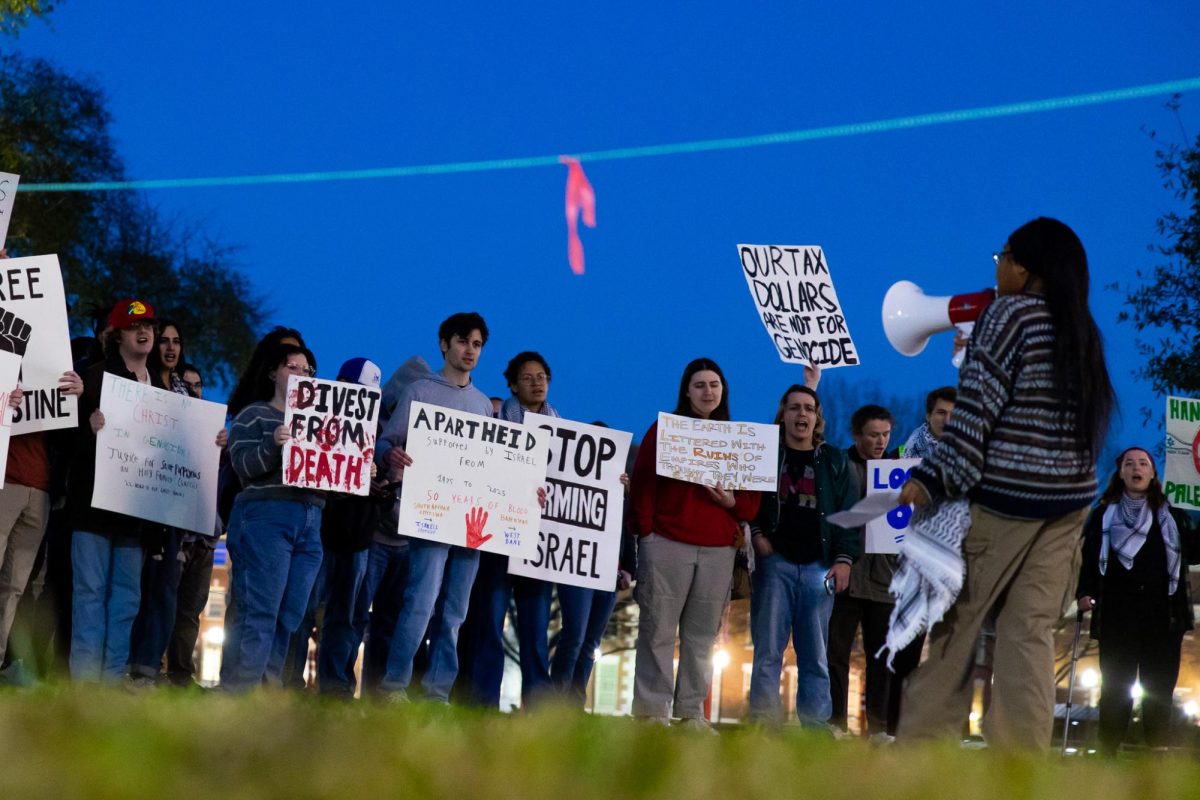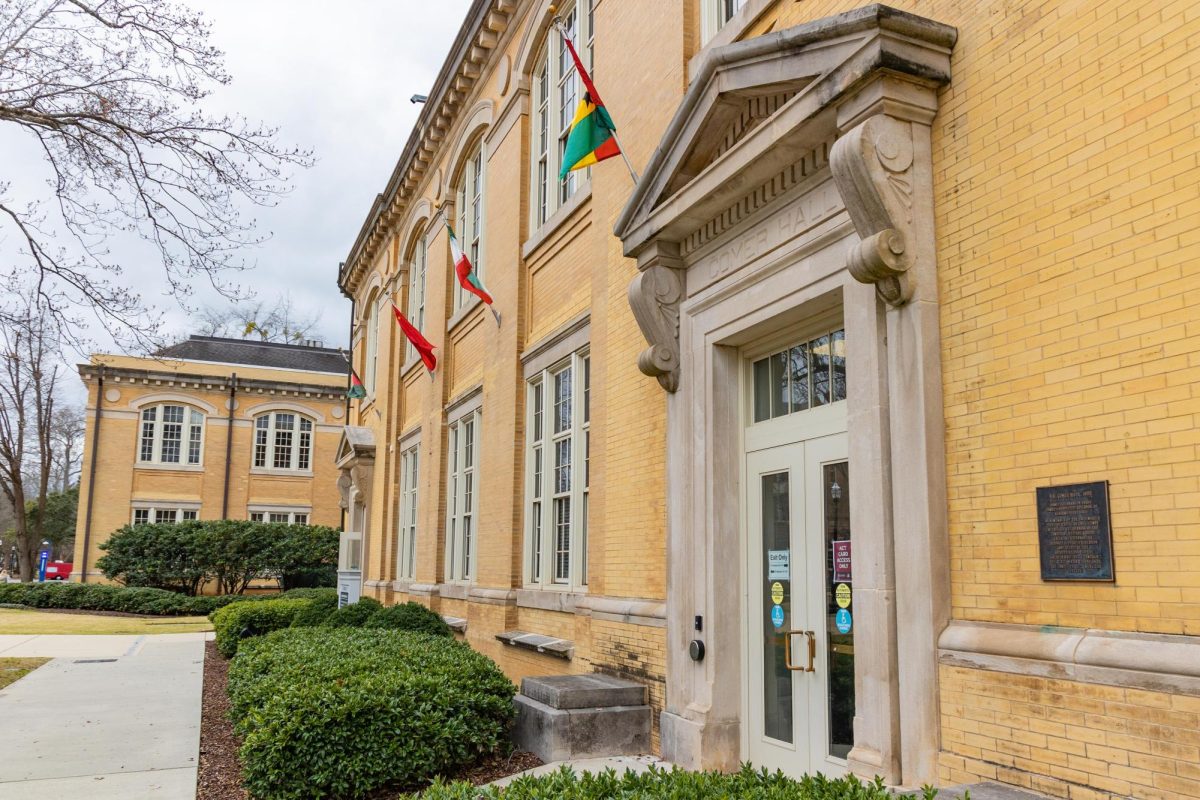“Eating Alabama,” a documentary that details the efforts of professor Andrew Grace and his wife, Rashmi, to live exclusively on Alabama-grown or raised food, premieres this month at the South by Southwest Film Festival in Austin, Tex. The film was one of more than 1,900 feature films submitted to the SXSW Film Festival.
Grace is an Alabama native who has worked as an independent filmmaker, freelancer and producer and currently teaches Documenting Justice at the University.
“I usually make work out of curiosity more than anything else,” said Grace.
In “Eating Alabama,” Grace documents his journey to eat locally and seasonally in Alabama, but quickly comes across obstacles and changes in the food system that hinder his project while showing why food should still matter, according to the official website for the film.
“I was interested in learning how our food system had changed so dramatically since my granddaddy left the farm he grew up on in 1940,” Grace said. “When he left the farm, there was a clean break with the land, and growing up in North Alabama, I didn’t know anything about where food comes from. I wanted to know if I could go out and find those farmers again, and the film is the result of that journey.”
Grace said the project initially began with the notion to figure out if it was even possible in our modern society to eat locally grown food for a year and to show others from there how to better connect into the local food system.
“The trouble was, once we went out into the state to find farmers, we discovered there weren’t that many left,” Grace said. “And the ones that were left were struggling to make a living. So, the film’s focus changed pretty quickly.”
Because eating locally is currently a relative and pertinent issue in society, Grace believes that the film could be of interest nationwide.
“The way our food system has evolved in the last 60 years is problematic,” Grace said. “We’ve created a system that is almost completely reliant on external implements like fossil fuel, water, fertilizers and pesticides. The farm is no longer a self-contained ecosystem that can produce food in harmony with the land. So, we’re going to have to change the way we think about food and farming.”
Carly Palmour, a senior at the University and a production assistant for “Eating Alabama,” said the film is not just another documentary about food.
“[Eating Alabama] addresses the changing state of agriculture and shows the complications and frustrations of a mechanized food system through an incredibly personal lens,” Palmour said. “You’re seeing someone who you can relate to really dig deep into his past, investigate his present and make a concerted effort to not only change his lifestyle but also understand why the changes are necessary.”
After working with Grace for almost two years, Palmour said she has enjoyed watching the storyline fluctuate and develop into what it is now.
“The conflicts and struggles he goes through in the movie are very real,” Palmour said. “[Grace] did a wonderful job taking his experiences and translating them into a powerful and thought-provoking film.”
After its premiere at the SXSW Film Festival, “Eating Alabama” will play at other national and regional festivals before its Alabama premiere at the Sidewalk Film Festival in August. It will later air locally on Alabama Public Television and nationally on PBS in the spring of 2013.
“I don’t have many grand goals about what the film can and will do – I’m more interested in just very small changes,” Grace said. “I would love for people to see the movie and decide to go out and cook a meal together with friends using locally sourced ingredients. The idea that this film might cause people to share a meal together and sit and talk over dinner would be enough of an accomplishment for me.”








